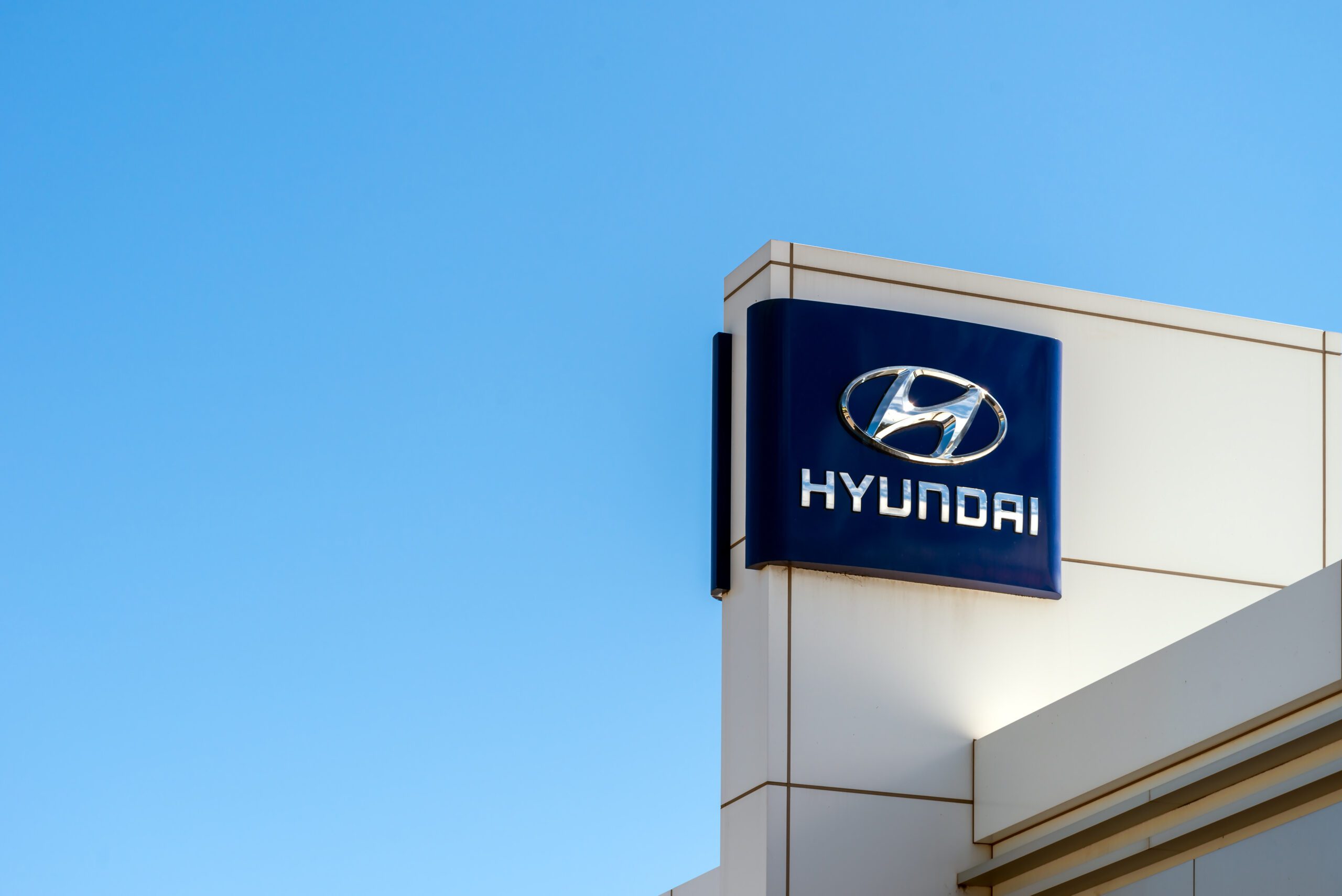A federal judge has concerns about the relief provided to class members in a proposed settlement agreement. Therefore, the Court ordered the plaintiffs to file an amended settlement agreement.
As set forth in a declaration filed in support of Plaintiffs’ Motion for Preliminary Approval of Class Action Settlement in August 2022, the initiating lawsuit filed in August 2020 alleged a defect in the Anti-lock Brake System module, which could cause engine compartment fires. Specifically, the lawsuit alleged the modules were defective in two ways: they remained charged with an electrical current even if the vehicle was off, and they allowed moisture to accumulate in the module, which led to short circuits. The initial plaintiff cited the alleged defect in his 2007 Hyundai Entourage. Through subsequent amended complaints, the lawsuit added additional parties and allegations.
The August 2022 filing included the proposed settlement agreement between the class representatives and defendants Hyundai Motor Company, Hyundai Motor America, Kia Corporation, and Kia America, Inc. The defendants agreed to provide, e.g., certain warranty extensions, inspections, and reimbursements. The agreement defined Hyundai and Kia class vehicles as follows:
- “Hyundai Class Vehicles” refers to Hyundai Tucson vehicles (model years 2014, 2015, 2016, 2017, 2018, 2019, 2020, and 2021), Hyundai Santa Fe vehicles (model years 2007, 2016, 2017, and 2018), Hyundai Santa Fe Sport vehicles (model years 2013, 2014, 2015, 2017, and 2018), Santa Fe XL vehicles (model year 2019), Hyundai Azera vehicles (model years 2006, 2007, 2008, 2009, 2010, and 2011), Genesis G80 vehicles (model years 2017, 2018, 2019, and 2020), Genesis G70 vehicles (model years 2019, 2020, and 2021), Hyundai Genesis vehicles (model years 2015 and 2016), Hyundai Elantra vehicles (model years 2007, 2008, 2009, and 2010), Hyundai Elantra Touring vehicles (model years 2009, 2010, and 2011), Hyundai Sonata vehicles (model year 2006), and Hyundai Entourage vehicles (model years 2007 and 2008), which were the subject of NHTSA Recalls.
- “Kia Class Vehicles” refers to Kia Sportage vehicles (model years 2008, 2009, 2014, 2015, 2016, 2017, 2018, 2019, 2020, and 2021), Kia Sorento vehicles (model years 2007, 2008, 2009, 2014, and 2015), Kia Optima vehicles (model years 2013, 2014, and 2015), Kia Stinger vehicles (model years 2018, 2019, 2020, and 2021), Kia Sedona vehicles (model years 2006, 2007, 2008, 2009, and 2010), Kia Cadenza vehicles (model years 2017, 2018, and 2019), and Kia K900 vehicles (model years 2016, 2017, and 2018), which were the subject of NHTSA Recalls.
The court considered the proposed terms and was concerned that the relief provided to the class was not set forth clearly, and directed the plaintiffs to submit by October 17, 2022, an Amended Settlement Agreement that clarified various points.
The case is Ramtin Zakikhani, et al. v. Hyundai Motor Co., et al., case number 8:20-cv-01584-SB-JDE, in the United States District Court for the Central District of California.
You can read the Court's order below:





